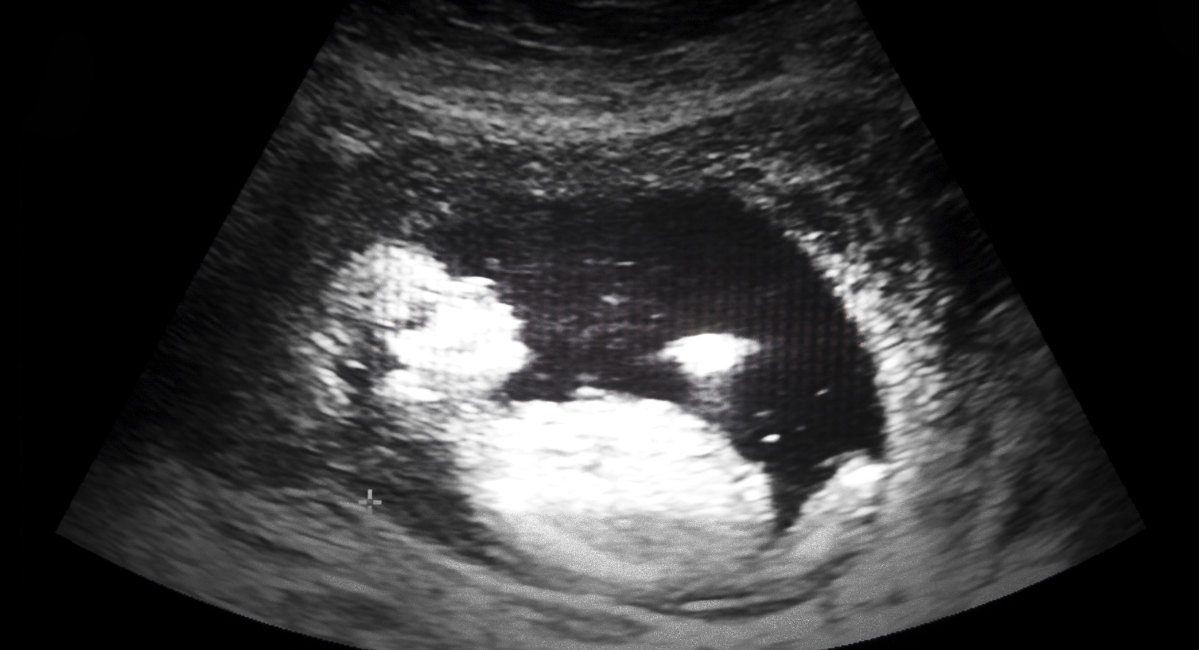(National Review) […]On Wednesday, The Hill published “Want Fewer Abortions? Vote for Harris,” an opinion piece by Northwestern law professor Andrew Koppelman. He makes arguments similar to that of his predecessors. These arguments have not improved with age. While I cannot correct each of Koppelman’s misrepresentations in a single blogpost, I will address his main points.
Pro-life laws have been ineffective at preventing abortions
Overall abortion numbers have not declined as pro-lifers might have hoped in the aftermath of Dobbs. That said, multiple analyses of state birth data provide powerful evidence that newly enacted pro-life laws have saved thousands of lives. Three separate studies of Texas birth data have found that the Texas Heartbeat Act has saved approximately 1,000 lives every month. Additionally, an Institute of Labor Economics study analyzed birth data from 37 states and the District of Columbia and found that pro-life laws saved over 32,000 lives in the first six months of 2023.
Koppelman is correct that increases in chemical abortions have increased the abortion rate. However, he conveniently forgets that in the Biden administration the FDA has played a large role in making chemical-abortion policy even more permissive. In the Biden administration, the FDA continued the Covid-era policy of allowing women to obtain chemical-abortion pills without an in-person medical exam. This was dangerous to women and fatal to countless preborn children.
Republican cuts to health care and welfare programs will increase the abortion rate
This argument is flawed for multiple reasons. First, Donald Trump has not publicly pledged to cut Medicaid, Food Stamps, or any other federal antipoverty program. Second, there is not one academic study that shows that increased spending on welfare programs reduces the incidence of abortion. Koppelman claims that the Affordable Care Act is the government policy that “has had the most dramatic impact on lowering the abortion rate.” However, the U.S. abortion rate started to decline in 1980, some 30 years before the Affordable Care Act was signed into law.
Koppelman is correct that a significant fraction of women seeking abortions cite financial pressures as a reason. However, he fails to acknowledge that since Dobbs pro-life policy-makers have been creative in finding ways to assist women, children, and families in need. Nearly every state Medicaid program covers women for one year postpartum. Many states have increased their support for pregnancy help centers. Still others have introduced generous tax credits for adoptive parents and waived taxes for baby and toddler items.
Federal support for contraception is an effective strategy for reducing the abortion rate
Koppelman criticizes President Trump for cutting funding for the Teen Pregnancy Prevention Program (TPPP). However, separate analyses conducted by Mathematica and by the Department of Health and Human Services in the Obama administration found that a vast majority of the programs funded by the TPPP were ineffective at lowering teen-pregnancy rates. Overall, a strong body of research shows that most programs to promote contraception use are either ineffective at best or counterproductive at worst….
Read entire article at National Review.
Editor’s Note: This article was published at National Review and is reprinted in part here with permission.







